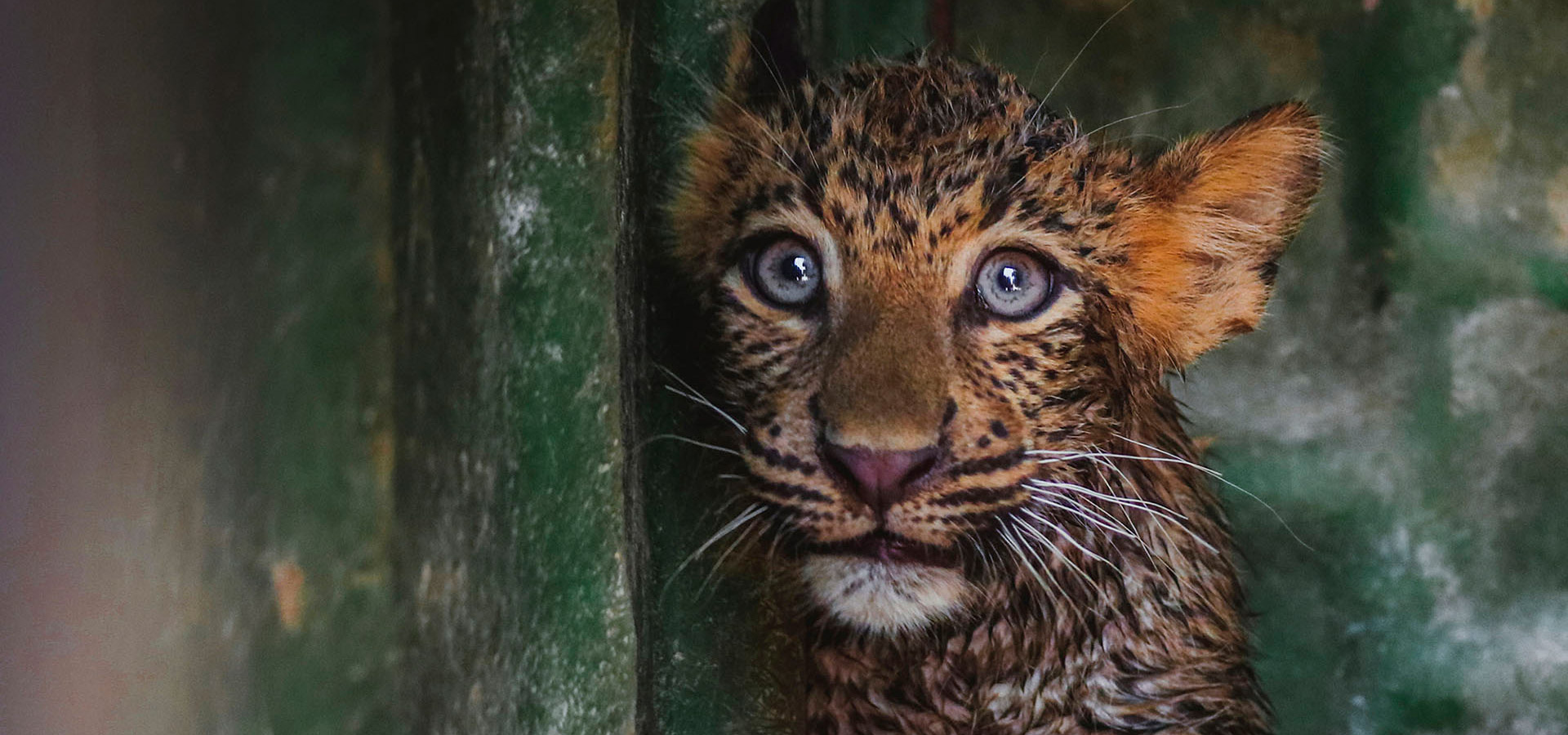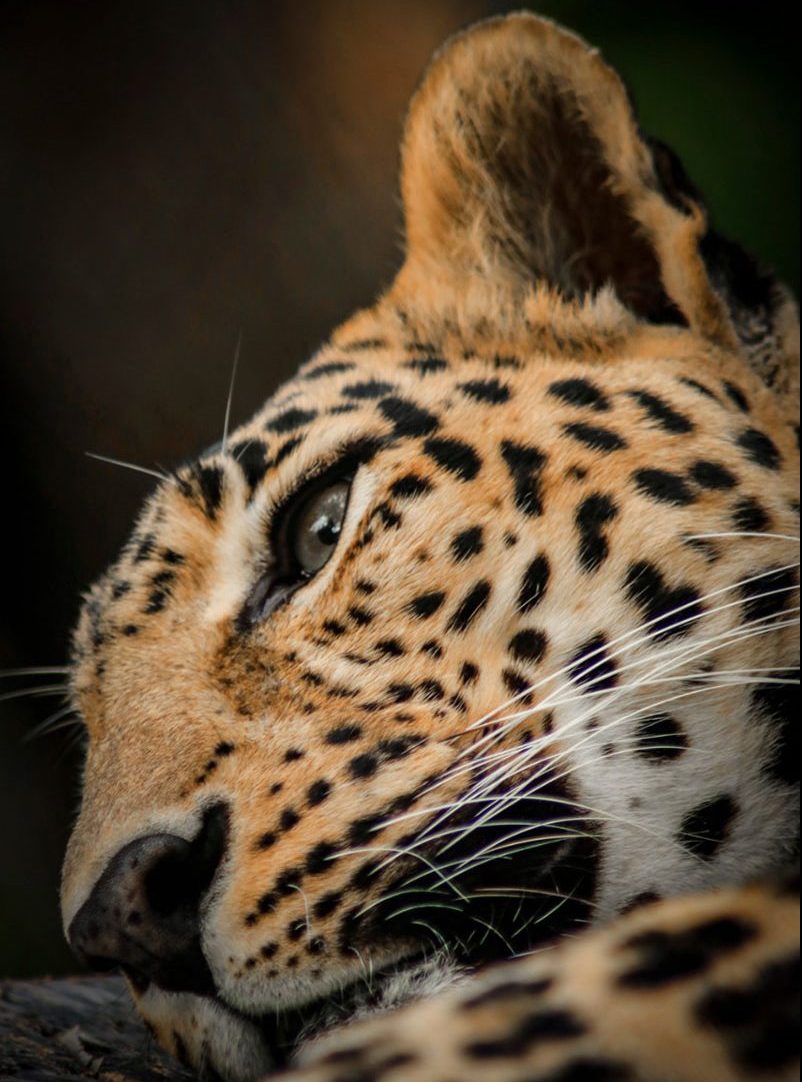
In 2007, Wildlife SOS partnered with the Government to expand an already existing Leopard Rescue Centre at Junnar near Pune. The centre run by Wildlife SOS in collaboration with the Maharashtra Forest Department provides temporary or life-time care, for leopards injured by villagers or trapped in conflict situations. The centre also houses several orphaned leopards who cannot be released back into the wild as they are severely imprinted.
The man-animal conflict scenarios with leopards are complex ones as such incidents are caused by human encroachment upon wild leopards’ natural habitat. They struggle to find a foothold in the vanishing forest and are pushed to take cover in sugarcane farms and to rely on village livestock to survive which has caused indiscriminate trapping and killing of leopards perceived to be a threat.
Wildlife SOS also reaches out to local communities to increase understanding about leopards. The goal is to help people co-exist with leopards with increased tolerance, and to diminish fears that have manifested due to ignorance and misconceptions about these magnificent cats. Our vets have been conducting awareness sessions in schools, colleges, forums for environment awareness with the objective of educating people about leopards and their behaviour leading to better understanding and tolerance and reducing incidence of conflict situations.
Along with this, we continue to conduct regular training programs detailing “capacity building” for Forest Department staff and for vets in outlining the use of tranquilizing gear. Regular sessions are also conducted to provide education to local farming communities thereby increasing their awareness and tolerance for coexistence.

Objective: To provide lifelong care for leopards who have been rescued after being orphaned or becoming a victim to man-leopard conflict or having severe disabilities.
Location/Region: Maharashtra
Milestones:
Timeline:
2008 – Established Manikdoh Leopard Rescue Centre in Maharashtra, in collaboration with Maharashtra Forest Department
Project needs:
Other collaborating groups: Humane Society International, Australia and Terra et-Faune